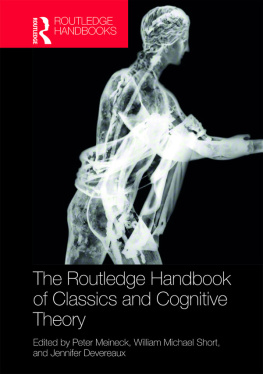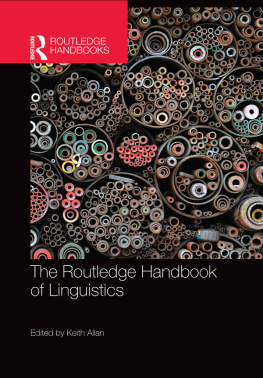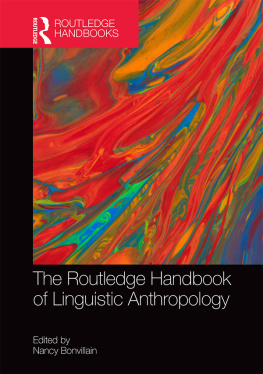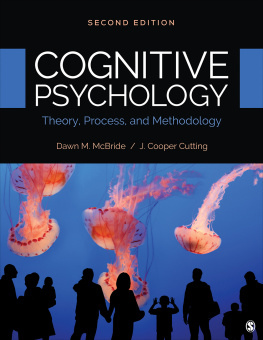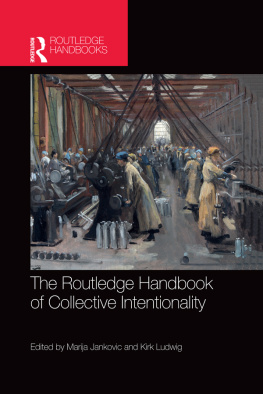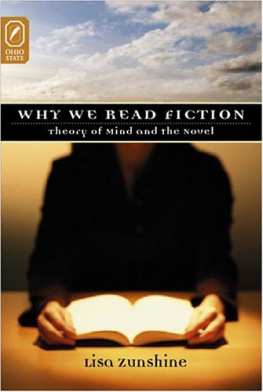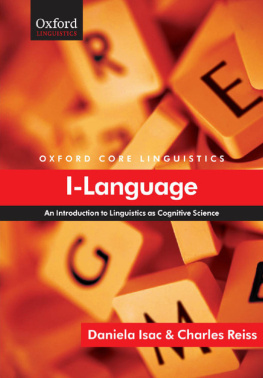
The Routledge Handbook of Classics and Cognitive Theory
This is the first book to demonstrate how cognitive theory can be productively applied across a wide range of Classical studies, including linguistics, literary theory, history, art history, religion, theater, and archaeology. The contributors draw on both longstanding cognitivist approaches and the second wave of embodied, enactive and distributed cognition. Enriched by a wealth of interdisciplinary bibliography, the volume shows how study of the interaction between the mind-brain and its environment can shed new light on the cultures of Western antiquity.
Jennifer Larson, Kent State University, USA
The Routledge Handbook of Classics and Cognitive Theory is an interdisciplinary volume that examines the application of cognitive theory to the study of the classical world, across several interrelated areas including linguistics, literary theory, social practices, performance, artificial intelligence and archaeology. With contributions from a diverse group of international scholars working in this exciting new area, the volume explores the processes of the mind drawing from research in psychology, philosophy, neuroscience and anthropology, and interrogates the implications of these new approaches for the study of the ancient world.
Topics covered in this wide-ranging collection include: cognitive linguistics applied to Homeric and early Greek texts, Roman cultural semantics, linguistic embodiment in Latin literature, group identities in Greek lyric, cognitive dissonance in historiography, kinesthetic empathy in Sappho, artificial intelligence in Hesiod and Greek drama, the enactivism of Roman statues and memory and art in the Roman Empire.
This ground-breaking work is the first to organize the field, allowing both scholars and students access to the methodologies, bibliographies and techniques of the cognitive sciences and how they have been applied to classics.
Peter Meineck holds the endowed chair of Professor of Classics in the Modern World at New York University, USA. He is also an Honorary Professor of Classics at the University of Nottingham, UK and the Founding Director of Aquila Theatre. His most recent publications include Theatrocracy: Greek Drama, Cognition and the Imperative for Theatre (Routledge, 2017), Combat Trauma and the Ancient Greeks (ed. with David Konstan, 2014) and a new translation of Aristophanes Frogs (forthcoming). He is also Rescue Captain of the Bedford Fire Department in New York.
William Michael Short joined the Department of Classics and Ancient History at the University of Exeter, UK in 2017, after holding positions at the University of Texas at San Antonio and Loyola University, Maryland, both in the USA. He has edited or co-edited several volumes of papers including Con i Romani: Studi antropologici del mondo antico (2014, in Italian), Embodiment in Latin Semantics (2016) and Toward a Cognitive Classical Linguistics (forthcoming).
Jennifer Devereaux is an advanced PhD candidate in Classics at the University of Southern California, USA. She is a member of the Computational Social Sciences Laboratory at USCs Brain and Creativity Institute and is currently a visiting postgraduate researcher at the University of Edinburgh, UK, in the Department of History, Classics and Archaeology. She has written a number of chapters on the topics of embodied cognition, historiography and rhetoric.
The Routledge Handbook
of Classics and
Cognitive Theory
Edited by Peter Meineck, William Michael
Short and Jennifer Devereaux

First published 2019
by Routledge
2 Park Square, Milton Park, Abingdon, Oxon OX14 4RN
and by Routledge
711 Third Avenue, New York, NY 10017
Routledge is an imprint of the Taylor & Francis Group, an informa business
2019 selection and editorial matter, Peter Meineck, William Michael Short and Jennifer Devereaux; individual chapters, the contributors
The right of Peter Meineck, William Michael Short and Jennifer Devereaux to be identified as the authors of the editorial material, and of the authors for their individual chapters, has been asserted in accordance with sections 77 and 78 of the Copyright, Designs and Patents Act 1988.
All rights reserved. No part of this book may be reprinted or reproduced or utilised in any form or by any electronic, mechanical, or other means, now known or hereafter invented, including photocopying and recording, or in any information storage or retrieval system, without permission in writing from the publishers.
Trademark notice : Product or corporate names may be trademarks or registered trademarks, and are used only for identification and explanation without intent to infringe.
British Library Cataloguing-in-Publication Data
A catalogue record for this book is available from the British Library
Library of Congress Cataloging-in-Publication Data
A catalog record has been requested for this book
ISBN: 978-1-138-91352-3 (hbk)
ISBN: 978-1-315-69139-8 (ebk)
Typeset in Bembo
by Swales & Willis Ltd, Exeter, Devon, UK
Rutger J. Allan is Lecturer in Ancient Greek at the Free University Amsterdam, the Netherlands. He has published on a variety of topics in ancient Greek linguistics relating to verbal semantics and discourse pragmatics. He has a special interest in cognitive linguistic and narratological approaches to Greek narrative texts. He is the author of The Middle Voice in Ancient Greek: A Study in Polysemy (2002) and co-editor of the volumes The Language of Literature (2007) and The Greek Future and Its History (2017).
Anna Bonifazi is Professor at the Department of Linguistics of the University of Cologne, Germany (sub-section Historical and Comparative Linguistics). Her main research interest is in pragmatic and cognitive approaches to ancient Greek literature. So far she has published three monographs on deixis in Pindar, third-person pronouns in Homeric poetry, and particles in Herodotus and Thucydides.
Laura Candiotto , PhD in Philosophy (Venice-Paris, 2011), is Research Fellow at the Eidyn Centre of the University of Edinburgh, UK. Her area of specialization is philosophy of emotions, in relationship with social epistemology, the history of philosophy, ethics and education. She is editing the volume Emotions in Plato (forthcoming) with Olivier Renaut, and The Value of Emotions for Knowledge (forthcoming). Among her publications are: Boosting Cooperation: The Beneficial Function of Positive Emotions in Dialogical Inquiry, Humana Mente , 1/2018;
Purification through Emotions: The Role of Shame in Platos Sophist 230b4e5, Educational Philosophy and Theory , 50 (67), 2018; Extended Affectivity as the Cognition of the Primary Intersubjectivity, Phenomenology and Mind , 11/2016; Platos Cosmological Medicine in the Discourse of Eryximachus in the Symposium : Responsibility of a Harmonic Techne , Plato Journal , 5/2015; Aporetic State and Extended Emotions: The Shameful Recognition of Contradictions in the Socratic Elenchus, Ethics & Politics , XVII, 2015(2). This work was supported by the EU under the Marie Skodowska-Curie Individual Fellowship for her Project EMOTIONS FIRST (655143), www.emotionsfirst.org .
Joel P. Christensen is Associate Professor in the Department of Classical Studies at Brandeis University, USA. He taught previously at the University of Texas at San Antonio, USA (20072016). He received his B.A. and M.A. from Brandeis (2001) in Classics and English and his PhD in Classics from New York University (2007). In addition to articles on language, myth and literature in the Homeric epics, he has published a Beginners Guide to Homer (2013) and Homers Thebes (2019) with Elton T. E. Barker as well as A Commentary on the Homeric Battle of Frogs and Mice (2018) with Erik Robinson. He is currently completing a book on the Odyssey and modern psychology.
Next page
